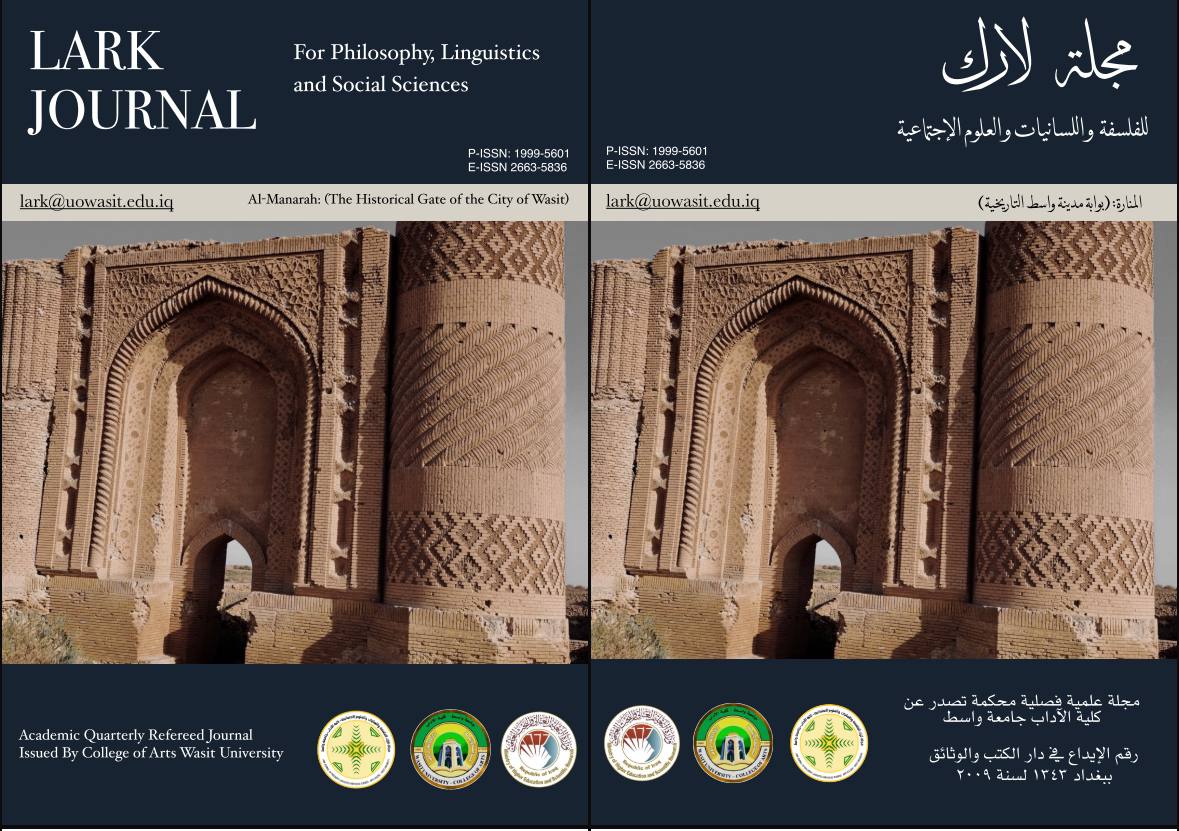A Critical Study of the Social Dimension in the 2030 Agenda for Sustainable Development from the Perspective of the Holy Qur’an and Hadith
DOI:
https://doi.org/10.31185/lark.4767Keywords:
Keywords: Holy Qur’an, Hadith, 2030 Agenda, Sustainable Development, Social Dimension, Critical StudyAbstract
This study provides a critical reading of the goals outlined in the United Nations’ "2030 Sustainable Development Agenda." From a comparative perspective, it examines these goals alongside authentic Islamic sources, namely the Holy Qur’an, the sayings of Prophet Muhammad (peace be upon him and his family), and the narrations of the Ahl al-Bayt (peace be upon them). The study focuses on the social dimension of the agenda, which addresses fundamental issues such as poverty, hunger, health, education, equality, justice, access to clean water, as well as peace and strong institutions. The findings reveal significant alignment in general objectives, but a fundamental divergence in philosophical foundations and implementation methodologies. Based on this, the study recommends a re-rooting of development concepts to ensure greater alignment with divine human nature and divine justice, rather than merely adhering to modern Western frameworks. It also calls for the development of an alternative development model derived from Islamic principles—one that redefines concepts like dignity, justice, and rights from a comprehensive faith-based perspective.
Downloads
Published
Issue
Section
License
Copyright (c) 2025 م.م حسنين علاء حسين انصاف، أ.م.د. سید علی رضا طباطبائي، أ.م.د. محمد طاهري

This work is licensed under a Creative Commons Attribution 4.0 International License.





